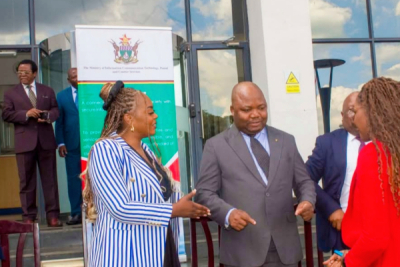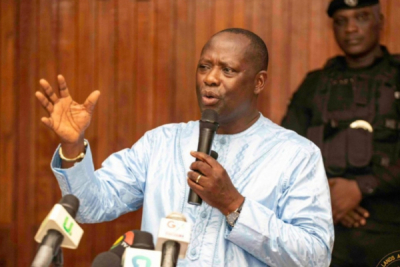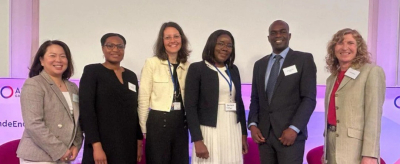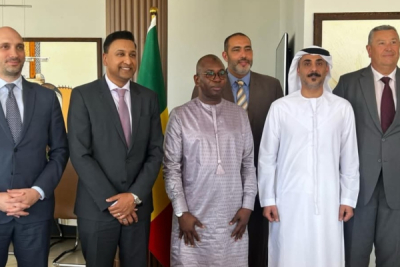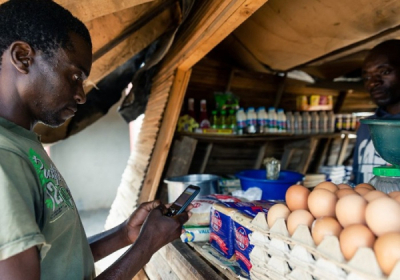Despite the urgency of the situation, the adoption of a strong global response to slowing climate change and minimizing its impact on human life across the planet is still hampered by political differences. However, amidst this global gridlock, some manufacturers are taking matters into their own hands and approaching the climate issue from other angles.
Morocco’s Marrakech hosted, from December 7 to 8, the Huawei Northern Africa Digital Power Ecosystem Partner Summit 2023, held under the theme "Lightening up a green Africa and closing the energy gap."
Over two days, some 180 strategic partners, industry leaders, experts from government agencies, and renewable energy associations discussed current energy challenges and renewable energy trends in Africa.
In his opening address, Philippe Wang (photo), President Digital Power and Executive Vice President of Huawei Northern Africa (North, West and Central Africa), said: "A new era is dawning in the energy industry: that of digital energy, closely linked to the digital world."
“This age is no longer determined by resource dependence, but by technology. Today, we are seizing the opportunities by integrating WatT, HeaT, BatTery and BitT (4T technologies) to shape a greener and more promising future for Africa," he added.
According to Huawei, despite possessing 7,900 GW of solar potential and receiving eight hours of sunshine daily, Africa still faces stark energy disparities. "While almost 100% of the population in North Africa had access to electricity in 2023, this proportion was only 56% in West Africa," says the Chinese technology group, which also showcased its technological innovations designed to accelerate the continent's energy transition and efficiency during the summit.
To respond to the urgency of the African transition, exacerbated by global warming, electricity shortages, energy instability and rising fossil fuel prices, Africa plans to increase its renewable energy capacity by more than 5 times. During COP 28 in Dubai, more than 20 African countries supported the global call to triple renewable energy capacity and double energy efficiency by 2030.



